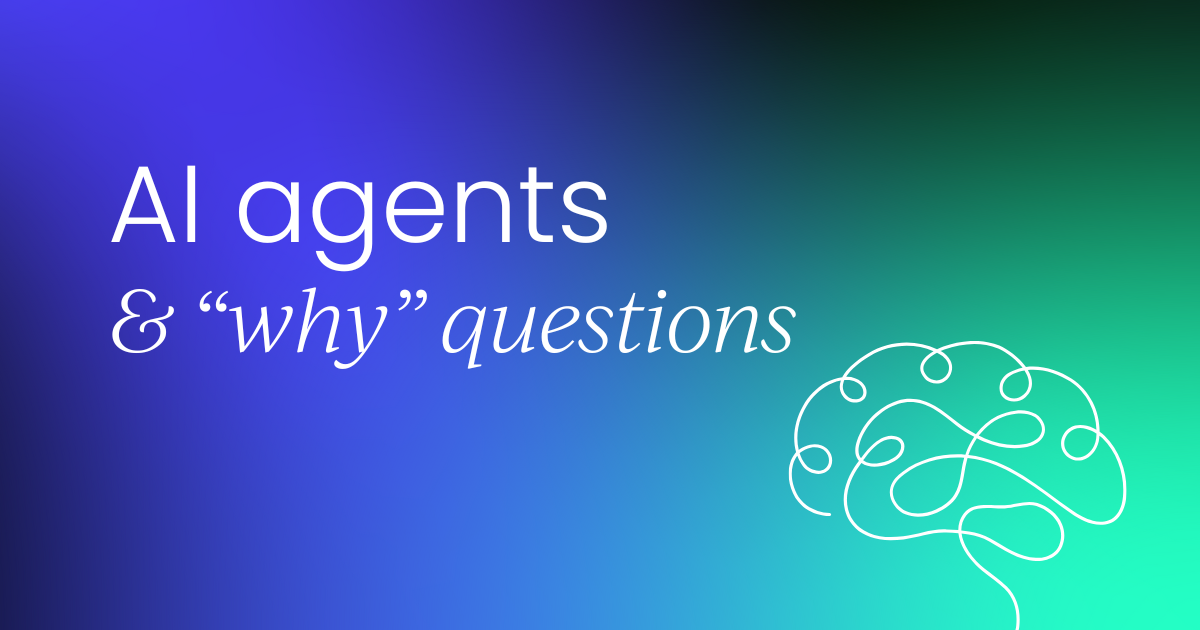Towards Robust and Fair Next Visit Diagnosis Prediction under Noisy Clinical Notes with Large Language Models
PositiveArtificial Intelligence
- A recent study has highlighted the potential of large language models (LLMs) in improving clinical decision support systems (CDSS) by addressing the challenges posed by noisy clinical notes. The research focuses on enhancing the robustness and fairness of next-visit diagnosis predictions, particularly in the face of text corruption that can lead to predictive uncertainty and demographic biases.
- This development is significant as it aims to ensure that AI-assisted decision-making in healthcare is reliable and equitable, potentially leading to better patient outcomes and trust in AI technologies. The introduction of a clinically grounded label-reduction scheme and a hierarchical chain-of-thought strategy further enhances the predictive capabilities of LLMs.
- The findings resonate with ongoing discussions about the reliability of AI in sensitive fields like healthcare, where biases can have serious implications. As AI technologies evolve, the need for fairness and interpretability remains critical, especially in light of previous studies that have raised concerns about spurious correlations and hallucinations in LLM outputs. This highlights the importance of continuous evaluation and improvement of AI systems to ensure they serve diverse populations effectively.
— via World Pulse Now AI Editorial System



